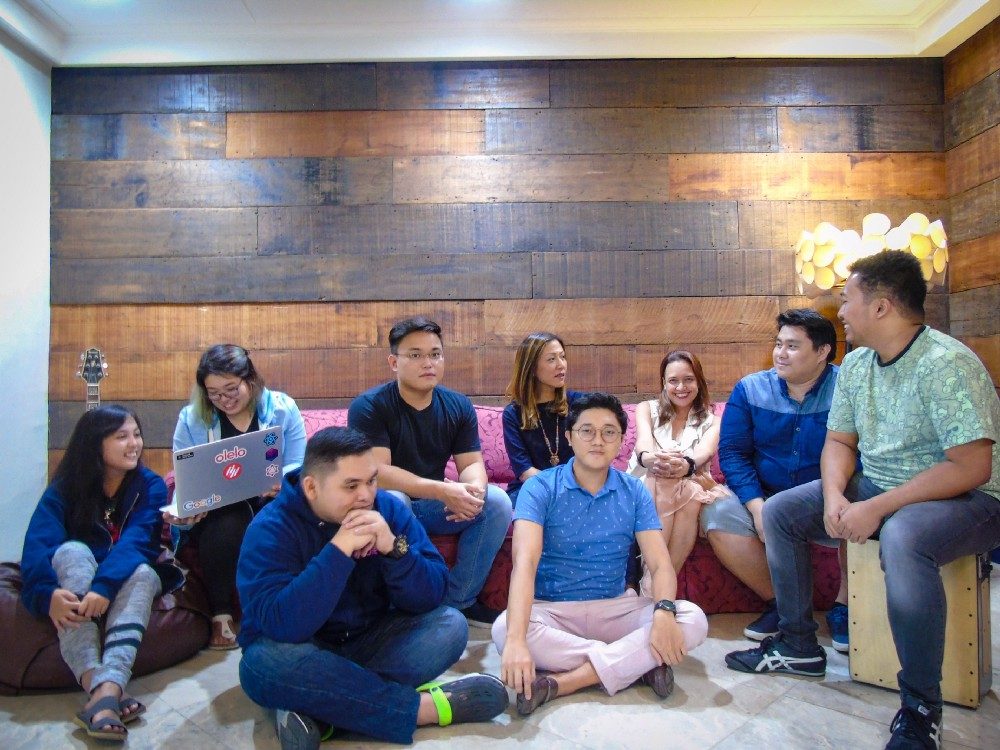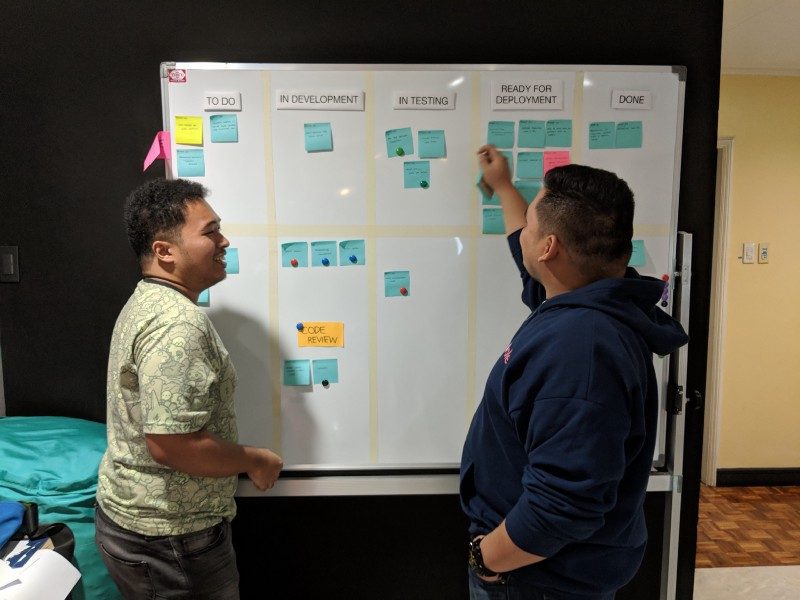SUMMARY
This is AI generated summarization, which may have errors. For context, always refer to the full article.

There are 3 important things to consider when founding a startup — team, team and team; everything else is secondary.
This may sound rather cliché, but it’s true. Having founded and joined several startups in the past, I’ve seen and experienced first hand companies failing to fly off ground or some even end up crumbling, not because of technical difficulties or financial troubles, but rather of unsolvable team struggles.
A team-centric approach to building startups isn’t exceptionally unheard of in the startup community. Paul Graham of Y-Combinator, for example, is known to be extremely particular about teams over ideas. Companies should not waste time with pointless power struggles and personal conflicts. In fact, I find myself more productive and challenged working with people whose personalities and talents are complementary. Chemistry is a good thing!
It takes more than talent
With so much emphasis on hiring “rockstars” these days, companies can easily slip into the focusing only on getting the “best people.” They often overlook the dynamics of the team they are suppose to build. Don’t get me wrong; do hire and work with talented people.
At Olelo, however, we tend to like more the people with proven creativity, independence and passion to learn.
This, to me, is particularly important. When we were starting the company, no one I hired had prior background in developing Rails and React applications. Choosing our technology stack was primarily driven by the team’s desire to learn something new. I knew the people in my team were strong in their previous work, no doubt, but had it not been for the collective interest to explore the unexplored, we would have had been stuck with old development practices.
Good hiring reinforces itself.
A startup is like traveling in a shinkansen without any itinerary. Having a team willing to adapt to rapid changes is critically important.
Should we need to scrap our entire technology in favour of one that is more appropriate for the requirement, I am more than confident that everyone will be ready and enthusiastic for it.
Build friendships, not a workforce
With companies using headcount as a proxy to progress, the importance of human relationships can often fall between the cracks. Building great relationships with people in your team is even more important for a startup. In a startup, things don’t always go as planned: business requirements may change, code quality can fail or certain features just don’t go into production.
Working in a startup can be painful and frustrating, so having each other’s back can go a long way. For me, my role at Olelo is not only about forming a solid engineering team but also building friendships that can last beyond this company. Ideas come and go but relationships — they’re for a lifetime.
A good part of an effective team is communication. I’ve joined multiple teams over the last few years and, while no one of them is perfect, I realized that the best teams have a collaborative approach — teammates talk to each other, the company leadership is transparent and everyone feels winning when the company is winning. In my experience, communication can only be effective when there is trust, camaraderie and, most especially, friendship.
I consider everyone in the company my friends. I remember having had great difficulties in college or in my first startup, I turned to my best friends. It’s the same with startups. We all make mistakes and, while some are bigger than others, my ideal has always been “fail just don’t be the failure.” A little harsh, but true.
To pick yourself up and get back on the road to success again, sometimes you just need someone to help you. And that person might not be the most skilled or the most intelligent or the most intellectual, they are on your team. And that’s what counts.
You don’t just play the game to play
Another thing I’ve learned over the years is leadership, in particular, the team must commit to leadership. Everyone needs to be encouraged to be their own leaders. It doesn’t mean that every member of your team needs to set their own plans and roadmap.
People may play different roles, do the job differently and sometimes may have different ideas in doing things but everyone has the same goal — to win.
Hard work requires commitment to a vision and passion. And while there will be certain days when you find yourself putting more hours or burning the midnight oil, working hard doesn’t mean that you can’t have fun. In fact, I find myself having more fun with my team when we’re working the hardest.
Things that are hard to measure often get discounted
The importance of challenge can sometimes be understated. We often find ourselves reading in the news about startups winning big. However, what may seem like an overnight success was a product of years and years of painful work.
Starting Olelo wasn’t easy, and it still gets harder by the day. Startups are always the struggle, but the number one thing was that nobody wanted to take risks – not the venture capitalists, nor the limited number of free agents.
We live in a society where everyone wants to get a big corporate job with a high pay grade, and, maybe, get up that corporate ladder’s promise of success. But sometimes we should aim for something more. It took half a year to find the right people with the drive and the independent minds needed to begin the company. We really wish it hadn’t.
All of us are immensely proud of Olelo’s successes over the last year. We’re not the perfect team. I’d be the first one to admit that. There are still a lot of things to learn along the way, and maybe some failures and frustrations here and there. But I am already proud to see what we have achieved so far and even prouder to call everyone in this company my friends.
With the growing team, we’ve begun to acquire clients and investors (and have fun together, too). This allowed us to build and improve Olelo into a software that helps companies understand their consumers and turn conversations into conversions.
Our team is very diverse, from software engineers to data scientists, to psychologists and marketers, and it’s so wonderful to see everyone working well together as a unit.
Startups have a great sense of community where everyone can share ideas with each other and integrate. – Rappler.com
Editors note: This story first came out on Medium, as published by Francis Plaza. We are reposting it here with minor edits.
Add a comment
How does this make you feel?

There are no comments yet. Add your comment to start the conversation.